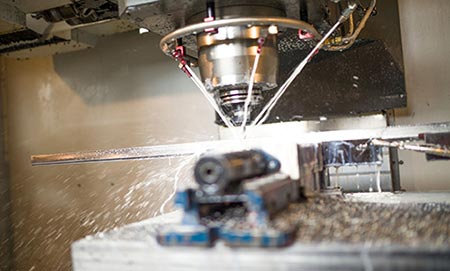Why are CNC mills so expensive?
Precision and Quality:
CNC mills are designed to provide high levels of precision and accuracy. This requires advanced engineering, high-quality components, and tight manufacturing tolerances, which increase production costs.
Advanced Technology:
CNC mills utilize sophisticated computer systems and software to control the machining process. This technology needs to be both reliable and capable of handling complex tasks, which adds to the overall expense.
Materials:
The materials used to build CNC mills, such as high-grade metals and durable components, are often expensive. These materials ensure the machine's longevity and consistent performance.

Customization and Versatility:
CNC mills are often customized to meet specific industry needs. The ability to perform a wide range of tasks, from simple cuts to intricate designs, requires versatile and adaptable machinery, which can drive up costs.
Labor and Expertise:
Designing, manufacturing, and assembling CNC mills require skilled labor and technical expertise. The cost of employing such skilled workers is reflected in the price of the machines.
Research and Development:
Significant investment in research and development is necessary to innovate and improve CNC milling technology. These R&D costs are typically passed on to the consumer.
Maintenance and Support:
CNC mills require ongoing maintenance and technical support. Manufacturers often provide warranties, training, and customer service, which contribute to the overall cost of the machine.
Market Demand:
The demand for high-precision machining in various industries, such as aerospace, automotive, and medical device manufacturing, keeps the prices of CNC mills high due to the value they provide.
Overall, the combination of precision engineering, advanced technology, high-quality materials, skilled labor, and ongoing support all contribute to the high cost of CNC mills.

